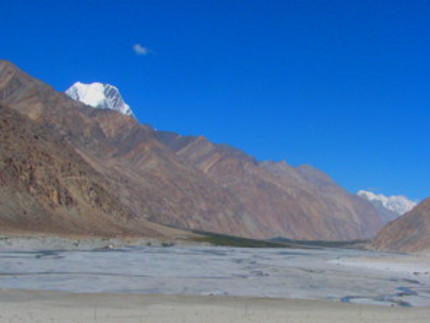Petrology – Evolution of Rocks
Patrick O'Brien
Petrology is the study of the evolution of rocks. We know that the actual association of minerals in a rock, the amounts of these minerals and their compositions, are controlled by the rock chemical composition and the conditions of pressure and temperature to which the rock has been subjected. As pressure and temperature changes in rock over a time period are a function of geodynamic processes it is clear that petrology, when tied to age determination, is a study of the reconstruction of both former as well as on-going geodynamic processes. In other words, we study the microscopic in order to understand the macroscopic.
Potsdam Petrology utilises state of the art analysis methods (e.g., electron microprobe, micro-Raman, CL, micro-Raman, SEM, TEM, FIB, LA-ICP- MS) for identification and characterisation, along with integrated thermodynamic methods and modelling paths, to interpret reaction textures and mineral zoning as a pressure-temperature history. This history can be evaluated on the basis of thermomechanical models in order not only to reconstruct mountain-belt history but also predict future trends in active orogens.

